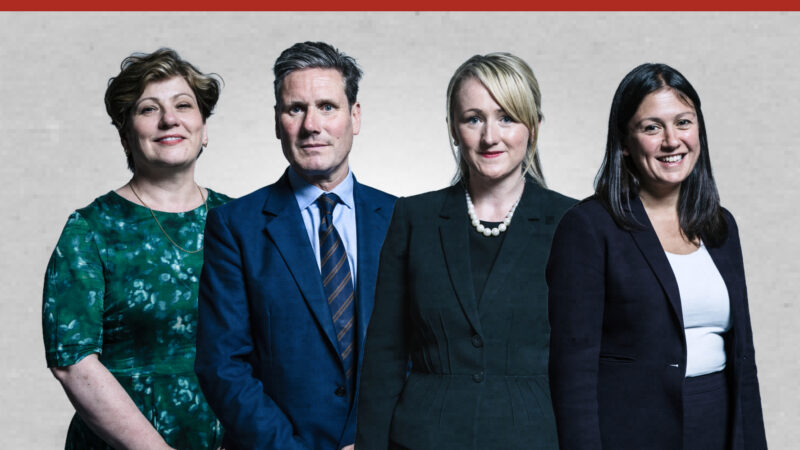
We are further away from the end of Labour’s leadership election than we are from the 2019 general election, a campaigner pointed out to me last night. Quite incredibly, there are still eight weeks and two days to go before the result is announced on April 4th. That extended period might now feel even a little longer: ballots are being delayed and won’t drop until February 24th. That means there will be an odd gap of ten days between local party and trade union nominations closing and the final voting period.
Many of you have been asking about the televised debates. Those set to take place before voting starts are on February 12th (BBC Newsnight), 13th (BBC’s Victoria Derbyshire) and 17th (Channel 4). There will be others after ballots have been sent out, but – if previous years are anything to go by – most of the selectorate will cast their votes before those programmes and they will have less impact on the race.
The reduced influence of hustings on the leadership contests this year isn’t the only key difference compared to Labour’s 2015 and 2016 races. With these internal elections being held immediately after a surprising general election result, and not over the summer, this is an incredibly news-heavy time. There are huge stories for journalists to cover – from the COP 26 row and a proposal to decriminalise non-payment of the BBC license fee to No 10’s peerage nominations (which reportedly include John Woodcock and Ian Austin, by the way).
It is difficult for candidates to get cut-through. The most exciting stuff that has come out of the contest so far has arguably been around internal party reforms, which is understandable: these are the only battles the new leader will actually be able to win, and the 2019 manifesto was chock-full of radical policies that are difficult to improve upon. The most pertinent question is usually what the leadership hopefuls will drop from Labour’s offer, rather than what they will add to it.
But we have some new policy announcements to discuss today. Keir Starmer is vowing to take a new approach to economic targets, by prioritising wellbeing and growth equally. The set of national wellbeing indicators would take into account health, inequality, homeless and the environment. A very solid proposal. Rebecca Long-Bailey is also touching on green issues with a commitment to oppose Heathrow expansion.
Meanwhile, Lisa Nandy has used her LabourList contribution on local government to unveil a new policy. Under her leadership, she says £12bn of funding that currently goes to Local Enterprise Partnerships (LEPs) would instead go directly to councils. She is also proposing that Labour council leaders should attend shadow cabinet, and that Labour councillors should be given nomination powers in the party’s leadership contests.
There is plenty more Labour news coming up today. The West Midlands metro mayor selection results will be announced at around lunchtime, and Momentum is expected to officially reveal its slate for local party representatives on Labour’s national executive committee. We’ll also have many more interesting comment pieces on Labour in local government. Keep checking the site for updates.
Sign up to LabourList’s morning email for everything Labour, every weekday morning.



More from LabourList
Ashley Dalton resigns as health minister for cancer treatment
Paul Nowak column: ‘Labour must focus on the basics’
‘Labour’s two-child cap victory rings hollow while asylum-seeking children remain in poverty’